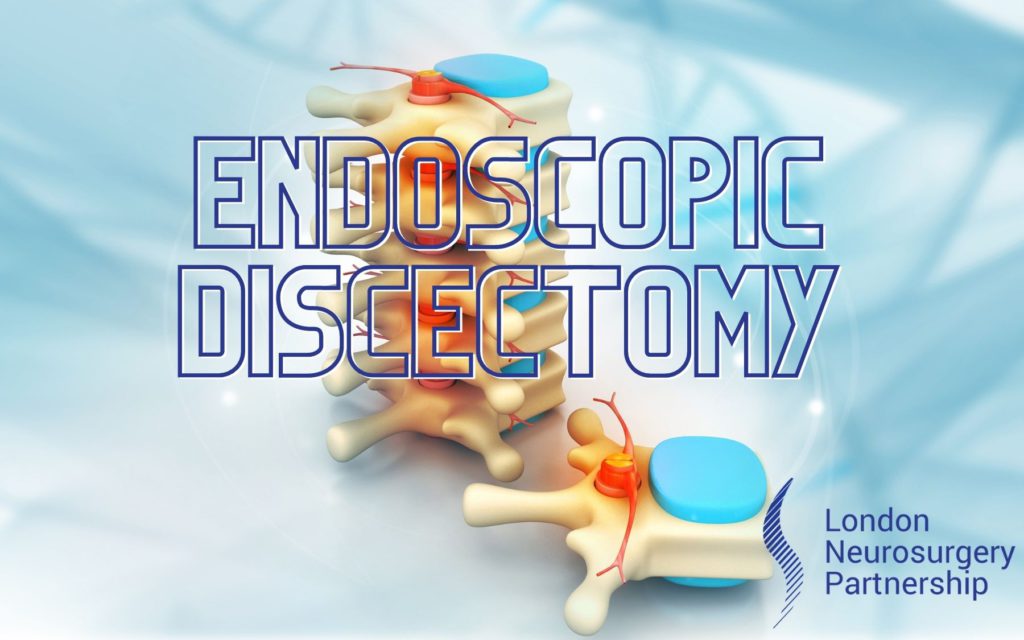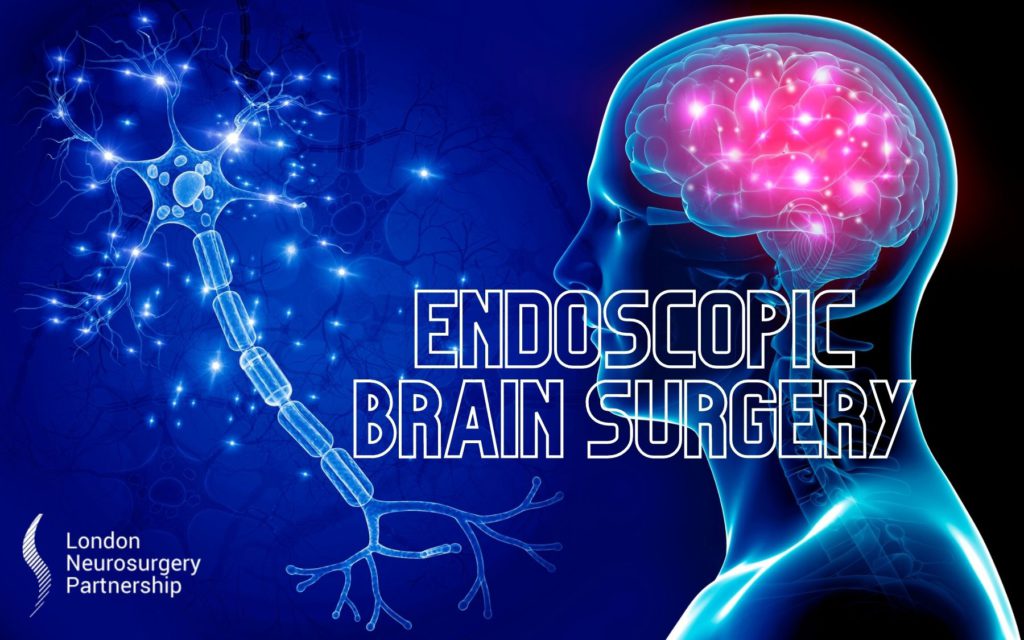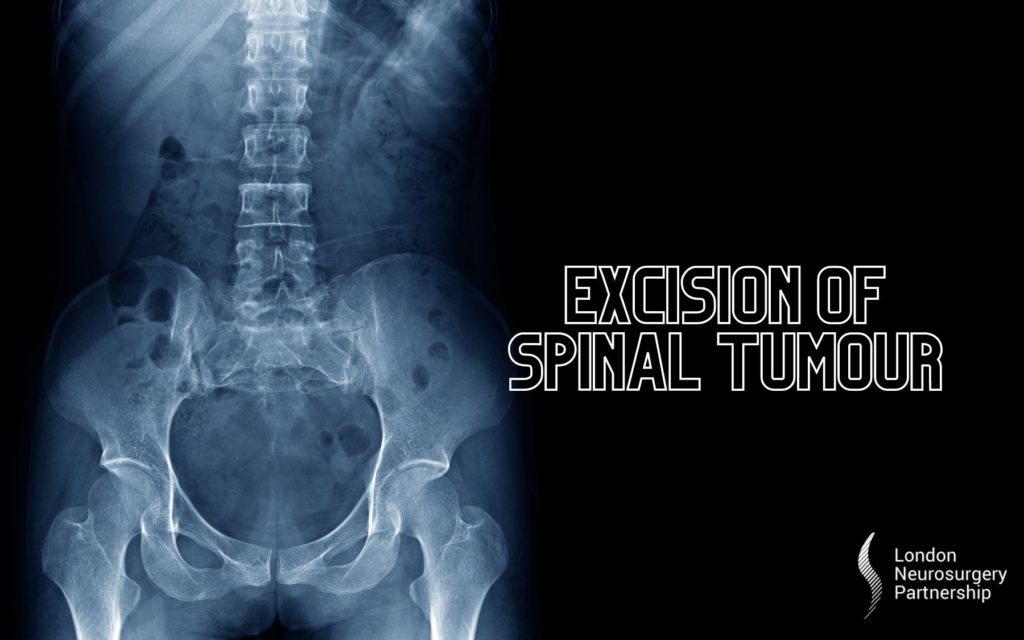
For some people suffering from back or neck pain caused by a condition such as a slipped or herniated disc, a discectomy may be suggested to improve their symptoms. But what is the difference between a ‘normal’ discectomy and endoscopic discectomy?
An endoscopic discectomy is less invasive than more traditional forms of disc surgery. This means that there is often less damage to the surrounding tissue and muscle, therefore patients often experience faster recovery times. The procedure is performed through tiny keyhole incisions meaning that the patient will not have any large scars after the surgery. This can also reduce the risk of infection or bleeding both during and post op.
With endoscopic spine surgery, surgeons do not need to remove bone or muscles in order to access and remove the herniated disc. Your surgeon will use a tiny camera, smaller than a smart phone camera to visualise the herniated disc. The procedure does not traumatise your spine like some traditional spine surgeries can. The total procedure time for a disc herniation takes about 30 minutes. The patient will usually return home in 2-3 hours following the surgery.
What can endoscopic discectomy be used to treat?
- Thoracic disc herniation, bulge or prolapse
- Lumbar disc bulge or prolapse
- Lumbar herniated disc
- Lumbar disc tear
- Radiculopathy
- Cervical disc bulge or prolapse
- Cervical disc tear
- Cervical herniated disc
How is the endoscopic procedure performed?
The procedure is performed under either local or general anaesthetic and patients will be comfortable throughout the procedure. Small incisions are made along the spine, in one incision mark a tiny camera is inserted. The camera is used locate the problematic disc. Once they have found the affected area a surgical tool is inserted into the other incision mark and used to remove affected disc with the guide of the camera. This procedure will usually only take around 30 mins and most patients will be able to return home within 2-3 hours of having the surgery.
At the London Neurosurgery Partnership, Mr Malik specialises in the endoscopic discectomy and is a UK leading expert in this technique.
This article is intended to inform and give insight but not treat, diagnose or replace the advice of a doctor. Always seek medical advice with any questions regarding a medical condition.





0 Comments